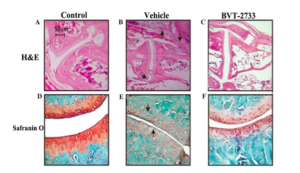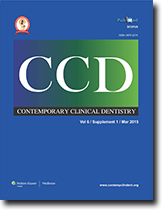 A communications researcher in Switzerland has made a few errors in his efforts to communicate his research.
A communications researcher in Switzerland has made a few errors in his efforts to communicate his research.
Peter J. Schulz, who works at the University of Lugano, has lost a paper which did not “appropriately acknowledge” another paper as its primary source. He has also corrected a paper with “severe shortcomings in the references.” Both papers were published in the journal Argumentation.
In addition, he is facing allegations that a book chapter contains some unattributed material.
Schultz acknowledged the problems in a statement he emailed to us:
I regret very much the severe shortcomings in the three publications.
Here’s the retraction note for “Comments on ‘Strategic Manoeuvring with the Intention of the Legislator in the Justification of Judicial Decisions’”: Continue reading Communications researcher regrets “severe shortcomings” in three publications







 A
A